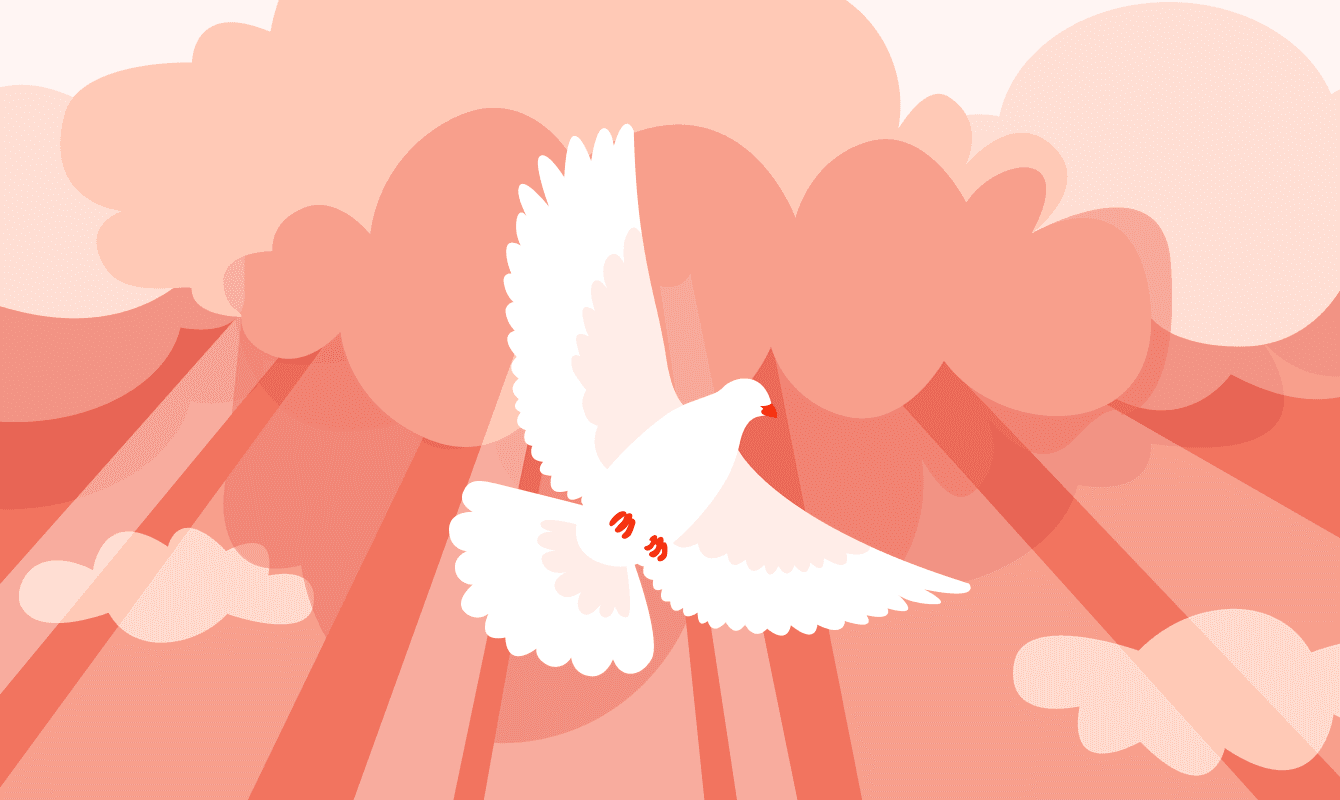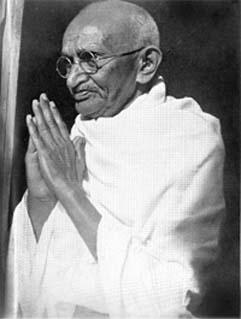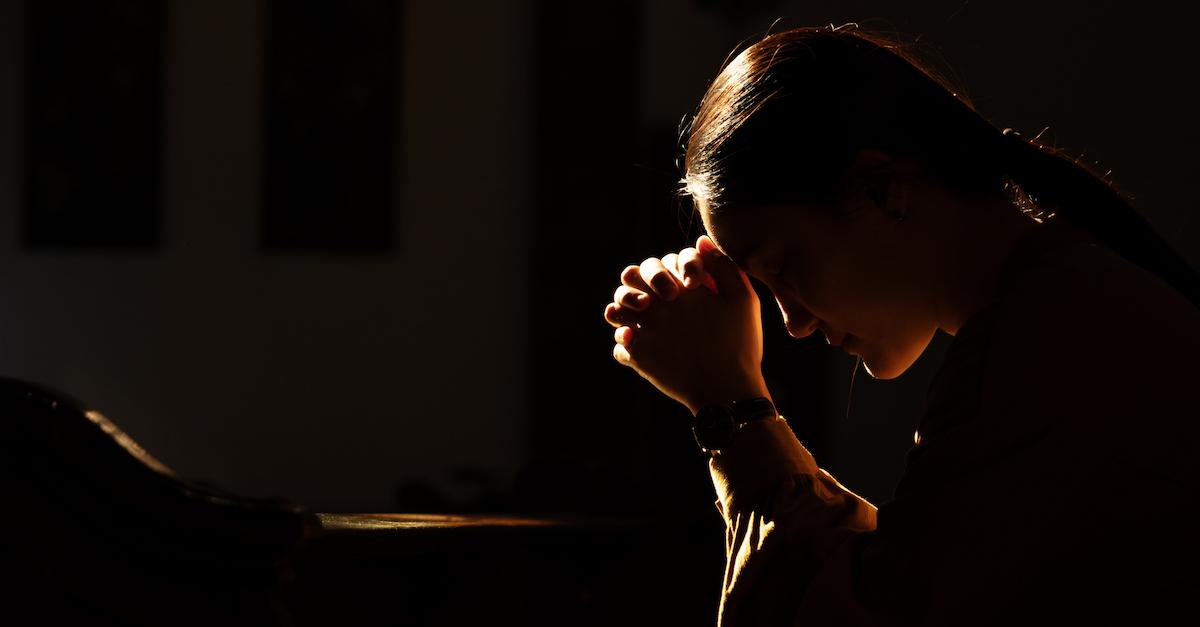Every year on October 31st, people across the country celebrate Halloween or All Hallows' Eve. People enjoy wearing costumes, going trick-or-treating, and carving pumpkins. Halloween is by far the second most celebrated holiday in America. It is said that on All Hallows' Eve, the souls of the dead have the ability to roam the earth. While some Christians reject Halloween, the vast majority of people do celebrate it to some extent.
Although there are different beliefs about the origin of Halloween, most seem to agree that the history of Halloween goes way back to an ancient Celtic holiday of Samhain. Where witches and other pagans around the world celebrated what was believed to be autumn harvest and the onset of winter, the end of life, and the beginning of death. During this holiday, the Celts would offer food to keep evil spirits away and to protect themselves, they would wear animal skins; they believed it would be safe to go outside if they looked like the spirits. Some people think they would also make animal sacrifices to their Gods, and some even say that human sacrifices were also part of their celebration.
While this is just speculation, many Christians see October 31st as a pagan holiday. Some feel that during this time, the devil is worshipped, which goes against their Christian beliefs. Therefore, many churches have replaced the holiday with Fall Festivals as an alternative where the families can safely enjoy the celebration. On the other hand, some Christians accept the holiday and participate. They feel it is a fun and harmless holiday, especially for the kids.
In the middle ages, the poor would go knocking on doors asking for food in exchange for a prayer. In Scotland, the children dressed up and asked neighbors for food or money in exchange for a song or a poem.
In the 1800s' the Irish brought their festivities to America, and with them also brought some of their customs like bobbing for apples and playing tricks on neighbors. The pranksters would wear masks so they wouldn't be recognized but by the 1900s' what once were harmless tricks became vandalism; it was essentially an extortion deal. So people started offering treats to the pranksters to stop the tricks and encouraged them to go to other houses to ask for treats and stop the troublemaking. By the late 1930's trick - or - treat became the holiday jingle.
Since then, Halloween traditions have evolved considerably, and Halloween is a very different holiday.
While decorations, scary movies and haunted houses around town are a big part of the holiday, dressing up and going house to house asking for sweet treats is still the most popular American Halloween tradition, especially among children. Whether you take part in the Halloween celebrations or Fall festivals, consider what Philippians 4:8 tells us:
Finally, brothers and sisters, whatever is true, whatever is noble, whatever is right, whatever is pure, whatever is lovely, whatever is admirable—if anything is excellent or praiseworthy—think about such things.
As we think about Halloween, it’s origins and what it stands for, let’s meditate on this verse and let God guide us through and shed His light in our moments of darkness.
Finding Spiritual Significance in Halloween Traditions
Halloween, with its vibrant costumes, festive decorations, and sweet treats, can be a joyous time for many. But for Christians, it's natural to wonder how to engage with a holiday that has roots in pagan traditions. One approach is to look for ways to infuse Halloween with spiritual significance, transforming it into an opportunity for growth, reflection, and connection with God.
Scripture encourages us to "think about such things" as are "true, noble, right, pure, lovely, admirable, excellent or praiseworthy" (Philippians 4:8). In the context of Halloween, this might mean focusing on the harvest season, which is often at the heart of the celebrations. Consider hosting or attending a Fall festival that honors the changing of the seasons, the hard work of farmers, and the abundance of God's creation. Such events can be a wonderful way to build community, foster gratitude, and celebrate the goodness of God.
Alternatively, you might use Halloween as a chance to explore the concept of light overcoming darkness. For many Christians, the holiday can serve as a poignant reminder of the victory of Jesus Christ over the forces of evil. You could mark the occasion with a prayer vigil, a Bible study on the nature of spiritual warfare, or a service of worship that celebrates the triumph of light and love. By reframing Halloween in this way, you can transform what might otherwise be a secular celebration into a meaningful expression of faith and devotion.
Frequently Asked Questions
Q:What are some alternative ways for Christians to celebrate Fall festivities?
Christians can focus on hosting or attending Fall festivals that emphasize community, gratitude, and harvest themes, rather than Halloween's darker elements. These events can include activities like pumpkin decorating, apple cider pressing, and thanksgiving services. By doing so, Christians can cultivate a sense of community and joy while staying true to their values. Consider Philippians 4:8, which encourages us to focus on what is true, noble, and praiseworthy.
Q:How can I make Halloween a spiritually meaningful experience as a Christian?
As a Christian, you can transform Halloween into a meaningful experience by reflecting on its origins and themes through prayer and meditation. Consider exploring the history of Samhain and how it has evolved over time. You can also use this time to pray for those who may be struggling with darkness or fear, and to seek God's guidance and protection. Scripture reminds us to focus on what is lovely and admirable (Philippians 4:8).
Q:Is it okay for Christians to participate in traditional Halloween activities like trick-or-treating or wearing costumes?
Christians can participate in traditional Halloween activities, but it's essential to approach them with discernment and sensitivity. Consider whether the activity aligns with your values and faith. If you choose to participate, focus on the fun and community aspects, and avoid anything that might promote darkness or paganism. Ultimately, seek guidance from God and prioritize activities that bring joy and glorify Him.
Q:How can I talk to my children about Halloween and its potential spiritual implications?
When discussing Halloween with your children, approach the conversation with honesty and openness. Explain the holiday's origins and how it has evolved over time. Emphasize the importance of staying grounded in Christian values and being mindful of the media and influences they encounter. Encourage them to think critically about the themes and messages they encounter, and to seek guidance from Scripture and prayer. Philippians 4:8 can be a helpful reference point for these conversations.






